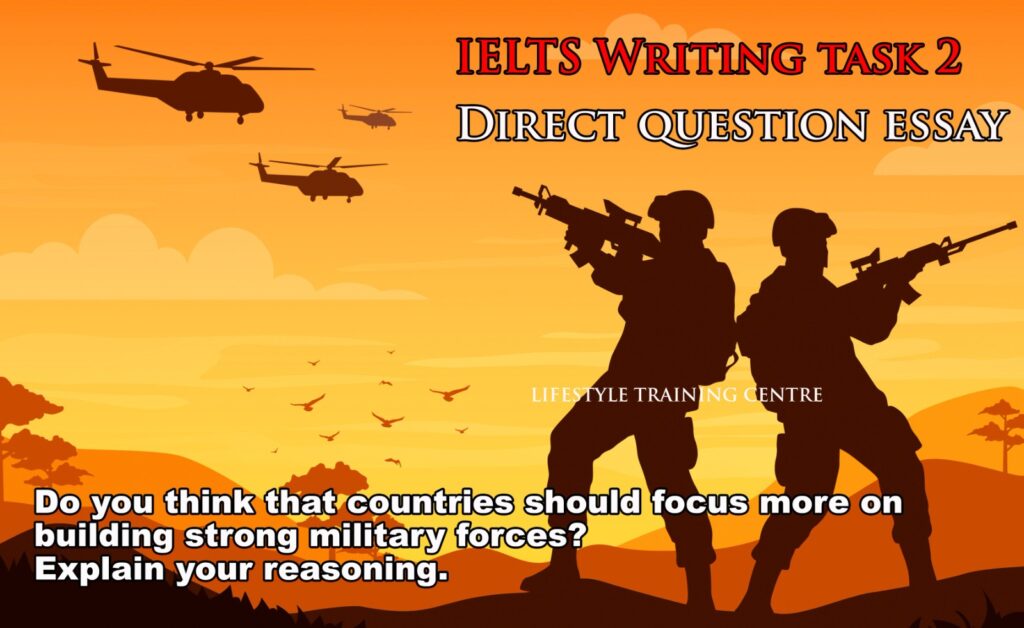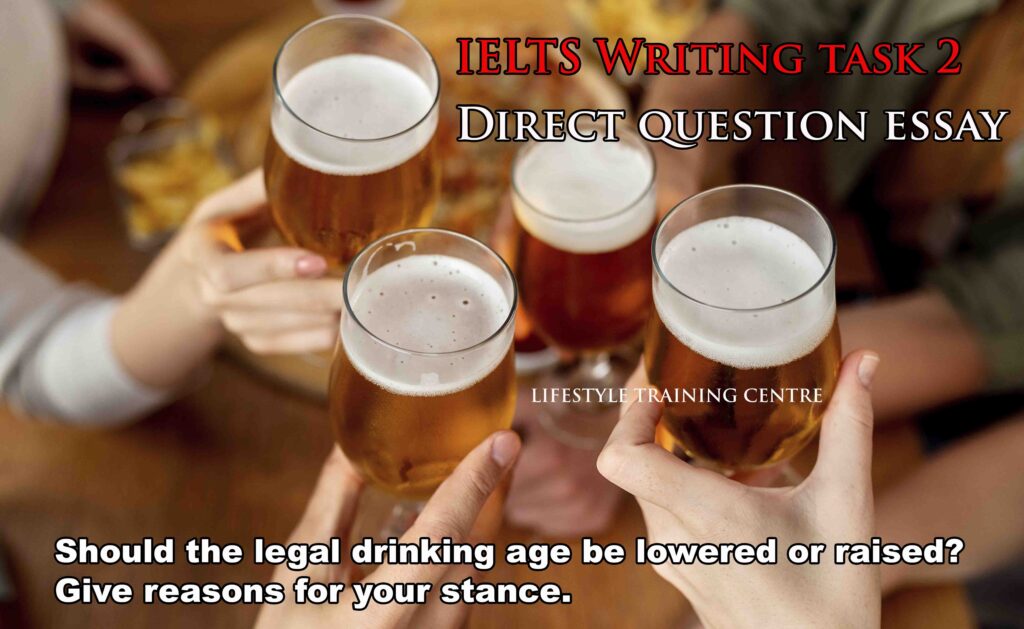Q:19. Is it more beneficial for individuals to pursue higher education or enter the workforce after completing secondary school? Justify your response.
Model answer by Lifestyle Training Centre
In the dynamic landscape of post-secondary education and career choices, the decision between pursuing higher education and entering the workforce straight after secondary school is pivotal. While both paths have merits, prioritising the completion of academic studies before embarking on professional endeavours can yield manifold benefits, shaping individuals into well-rounded contributors to society.
Primarily, dedicating early years to education capitalises on the cognitive prime of youth. Scientifically, cognitive development peaks during adolescence and young adulthood, rendering this phase optimal for absorbing complex knowledge and fostering critical thinking skills. This was exemplified by luminaries, for example: Abdul Kalam, whose early academic pursuits laid the groundwork for ground-breaking achievements. By seizing this developmental window for higher education, individuals can harness their intellectual potential to its fullest extent, thereby enhancing their capacity for innovation and problem-solving in future professional roles.
Moreover, the competitive nature of contemporary job markets underscores the importance of holding advanced degrees. In an era characterized by rapid technological advancement and globalization, specialized knowledge and skills are increasingly valued by employers seeking to stay ahead in their respective industries. For instance, a study by the OECD revealed that individuals with tertiary education are more likely to secure employment and command higher salaries than their counterparts with only secondary education. By investing in higher education early on, individuals equip themselves with the specialized expertise demanded by employers, positioning themselves as indispensable assets in the workforce.
In conclusion, prioritising higher education over immediate entry into the workforce after secondary school provides unmatched long-term benefits. By leveraging youth’s cognitive prime and gaining a competitive edge in job markets, individuals develop the intellectual acumen and specialised expertise crucial for success in today’s complex world. Therefore, governments and educational institutions should uphold and promote access to higher education as a cornerstone of individual empowerment and societal advancement.
Vocabulary used:
- Dynamic – constantly changing or evolving
- Post-secondary education – education beyond the level of secondary schooling, typically referring to college or university education
- Pivotal – of crucial importance; central
- Merits – the inherent advantages or qualities of something
- Prioritizing – giving greater importance or precedence to something
- Manifold – many or various; multiple
- Well-rounded – possessing a broad range of knowledge, skills, and experiences
- Cognitive – relating to the processes of thought, perception, and understanding
- Adolescence – the transitional period between childhood and adulthood, typically characterized by physical, emotional, and cognitive changes
- Critical thinking – the ability to analyze, evaluate, and synthesize information logically and rationally
- Luminaries – distinguished or renowned individuals in a particular field
- Groundbreaking – pioneering or innovative; setting a new precedent
- Harness – to utilize or control something for a particular purpose
- Innovation – the introduction of new ideas, methods, or products
- Problem-solving – the process of finding solutions to complex or difficult issues
- Contemporary – existing or occurring in the present time
- Globalization – the process of increasing interconnectedness and interdependence among countries and regions economically, culturally, and politically
- Tertiary education – education beyond secondary schooling, typically referring to higher education such as college or university
- Specialized – focused on a specific area or field of study or expertise
- OECD – Organization for Economic Cooperation and Development, an international organization focused on promoting economic growth and development
- Indispensable – essential or necessary; cannot be done without
- Assets – valuable resources or qualities that contribute to success or effectiveness
- Uphold – to support or maintain
- Empowerment – the process of enabling individuals or communities to take control of their own lives and circumstances
- Societal – relating to society as a whole
- Advancement – progress or improvement, especially in a social or intellectual context.
We hope this information has been valuable to you. If so, please consider a monetary donation to Lifestyle Training Centre via UPI. Your support is greatly appreciated.

Would you like to undergo training for OET, PTE, IELTS, Duolingo, Phonetics, or Spoken English with us? Kindly contact us now!
📱 Call/WhatsApp/Text: +91 9886926773
📧 Email: [email protected]
Visit us in person by following the directions on Google Maps. We look forward to welcoming you to the Lifestyle Training Centre.
Follow Lifestyle Training Centre on social media:
Thank you very much!

